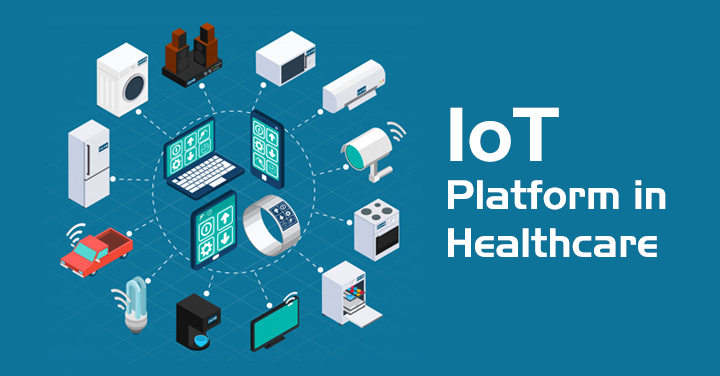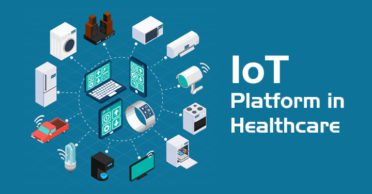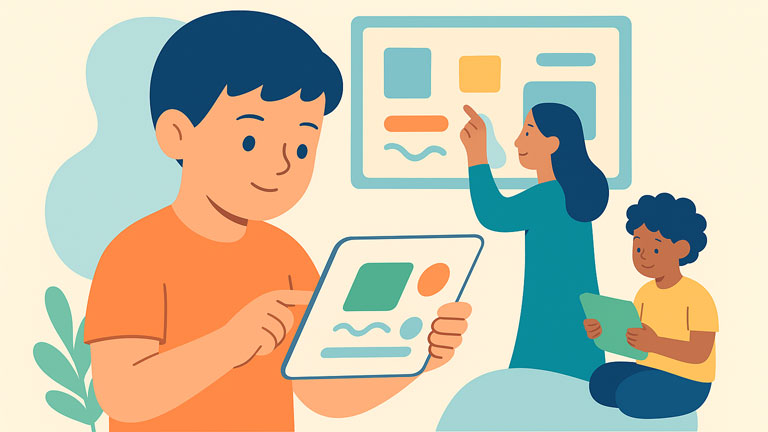IoT as a technology is growing at an exponential rate. It has great potential to automate industrial and household operations, which is the major reason why we are seeing a rise in its use. One of the most important industries that are set to benefit greatly with IoT integration is healthcare. However, there are some challenges that need to be overcome before we can truly realize the potential of IoT platform in this domain.
The Importance of Information in Healthcare

The field of healthcare relies heavily on the quantity and quality of data. In most cases, doctors base their diagnosis and plan of treatment on the information received from patients. However, due to the limitation of human memory and time, it is not always possible to get all the relevant information. Even more difficult is to gauge the environmental conditions to which a patient is subjected. Exposure to pollen, second hand smoke, temperatures of surrounding areas etc. are important pieces of information that are never fully disclosed to healthcare experts.
But, this is all going to change with mass adoption of IoT in daily healthcare routines. Better IoT development will lead to the creation of improved sensors and devices, which will bring in large amount of pertinent data. And, this information will be pivotal for better treatment of patients.
Blockchain for Better EHS Management
Hospitals store their data in a centralized database known as EHS (Electronic Health Records). In the future, the traditional EHS alone won’t be sufficient for keeping track of data because:
- Data captured via IoT devices will be in zettabytes i.e. 270 A single centralized database will not be optimal in terms of cost.
- Verification of data entries will become untenable through standard methods
- EHS restricts collaboration between different institutions, which is a major requirement of IoT in healthcare
- The risk of security breach will become considerably high
All these obstacles will render classical EHS system useless. The best way to implement IoT and make it future-proof is by employing blockchain.
Blockchain became an instant hit after cryptocurrencies like Bitcoin used it for storing and updating data. And, below are some reasons why it is ideal for IoT in healthcare:
- Blockchain is a distributed database in essence, which allows for seamless collaboration between different organizations.
- Blocks of data stored as part of blockchain are immutable. The history of data stored can neither be erased nor modified.
- Every new node created – which in case of healthcare will be a new entry received via IoT devices interacting with patients – need to be verified by ‘consensus’ i.e. all nodes must agree to the entry.
- High level of security implemented via private and public keys. Utilization of asymmetric cryptographic techniques provide better authentication between nodes, improved integrity of data and non-repudiation of values on the IoT-powered healthcare network.
As blockchain requires creation of new nodes every time fresh entries are made, it will increase the traffic considerably. So, it is essential to utilize blockchain concept in a different way. For example, it should not be used as the main storage of data but as a secondary index and validation layer.BigchainDB can make Blockchain a usable asset for IoT tech. It begins with Big Data database and then adds Blockchain features in the form of immutability and decentralization. BigchainDB brings down the scale of implementation, which is crucial for reducing network traffic. However, it still keeps the most useful elements of Blockchain that made it so popular.
Conclusion
If healthcare industry wants to implement IoT for its advancement, it needs to get over the rudimentary EHS system for data management. Blockchain has all the credentials to replace and improve the existing platform. However, it needs to be implemented in a new avatar like the one conceptualized by BigchainDB. With the right IoT development, we are likely to see improved results in the field of medical science and healthcare.Source : sprunki horror Endless Fun Awaits!



